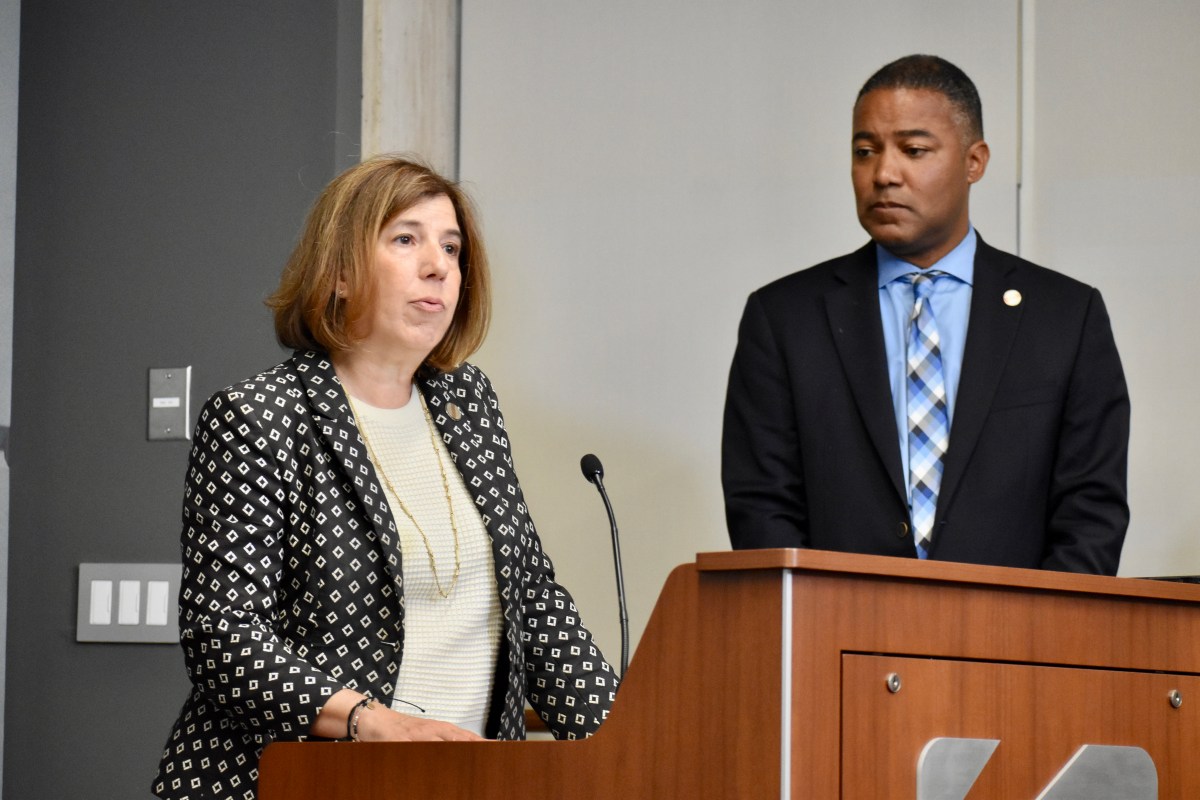VIENNA (Reuters) – Austria’s far-right Freedom Party (FPO) came a distant second as the province of Carinthia voted on Sunday, the third regional election this year in which it has failed to match its performance in October’s parliamentary election.
Carinthia, a southern province that borders Italy and Slovenia, was the stronghold of the late FPO leader Joerg Haider, who died in a car crash a decade ago.
It is also the only province where the FPO came first in October’s parliamentary election, with 32 percent of the vote. The party came third nationally and went into coalition with Chancellor Sebastian Kurz’s conservatives.
With nearly all votes for Carinthia’s regional parliament counted, a projection by pollster SORA for broadcaster ORF showed Governor Peter Kaiser’s Social Democrats in first place with 47.8 percent, 11 points higher than five years ago.
The FPO gained six points, securing 22.9 percent, well short of its target of “clearly above 25 percent”.
“Of course you always hope for a bit more,” the FPO’s leader in Carinthia, Gernot Darmann, told ORF, congratulating Kaiser.
The national coalition government has been in place for less than three months, during which it has faced growing opposition to its plans to keep allowing smoking in bars and restaurants.
A petition for a ban has been signed by more than 460,000 people, an embarrassment for the FPO, which has championed the idea of direct democracy. Party members have also been embroiled in anti-Semitism scandals involving their student fraternities.
Kurz’s conservative People’s Party came third with 15.3 percent while the Greens fell well short of the 5 percent needed to stay in the local parliament, with 3.1 percent, the projection showed. Those two parties are currently in coalition locally with the Social Democrats.
“I am very, very happy about this great result,” Kaiser told ORF. He later said he would invite all three other parliamentary parties to hold coalition talks and said all tie-ups were possible.
Austria’s provinces do not collect taxes directly but receive a cut of the national fiscal take and have a large say in policy areas including healthcare and education. Provincial governors are often key figures in the national political order.
Kaiser is now likely to remain governor, keeping the Social Democrats’ tally at three of Austria’s nine provincial leaders. The others are conservatives from Kurz’s party.
Sunday’s vote follows provincial election in Tyrol on Feb. 25 and in Lower Austria on Jan. 28 in which the FPO polled less than in the Oct. 15 national election.
(Reporting by Francois Murphy; Editing by Robin Pomeroy and Catherine Evans)

























